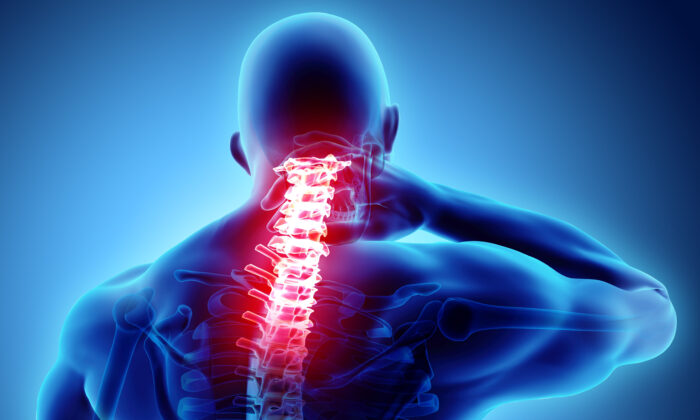Whiplash is a neck injury that usually occurs from rear-end car crashes and less commonly occurs from sport injuries, physical violence, and other trauma. Over 3.3 million adults in the United States currently experience chronic pain as a result of whiplash injuries, making it a significant public health concern.
Increased communication between these regions in the days following injury significantly correlates with chronic pain development, according to the study. “While the underlying mechanisms of chronic pain are not yet fully understood, the brain’s emotional-learning circuits have been hypothesized to play an important role in the development and persistence of chronic pain,” the researchers wrote. In the study, patients who experienced higher anxiety levels immediately after their accident showed a greater likelihood of developing chronic pain.
“If the memory has high emotional significance, then it makes these patients associate this movement with pain,” Branco said. This link between heightened brain connectivity and anxiety highlights the complex process involved in how we perceive pain. “While we commonly think of pain as relating only to an injury, it is the brain that actually makes up the pain experience,” Branco noted.
“The brain makes the decision about whether a movement should be painful or not.” “Now that we know there is this critical time period when this happens, we can focus our treatment efforts at this early stage to prevent chroni.


















